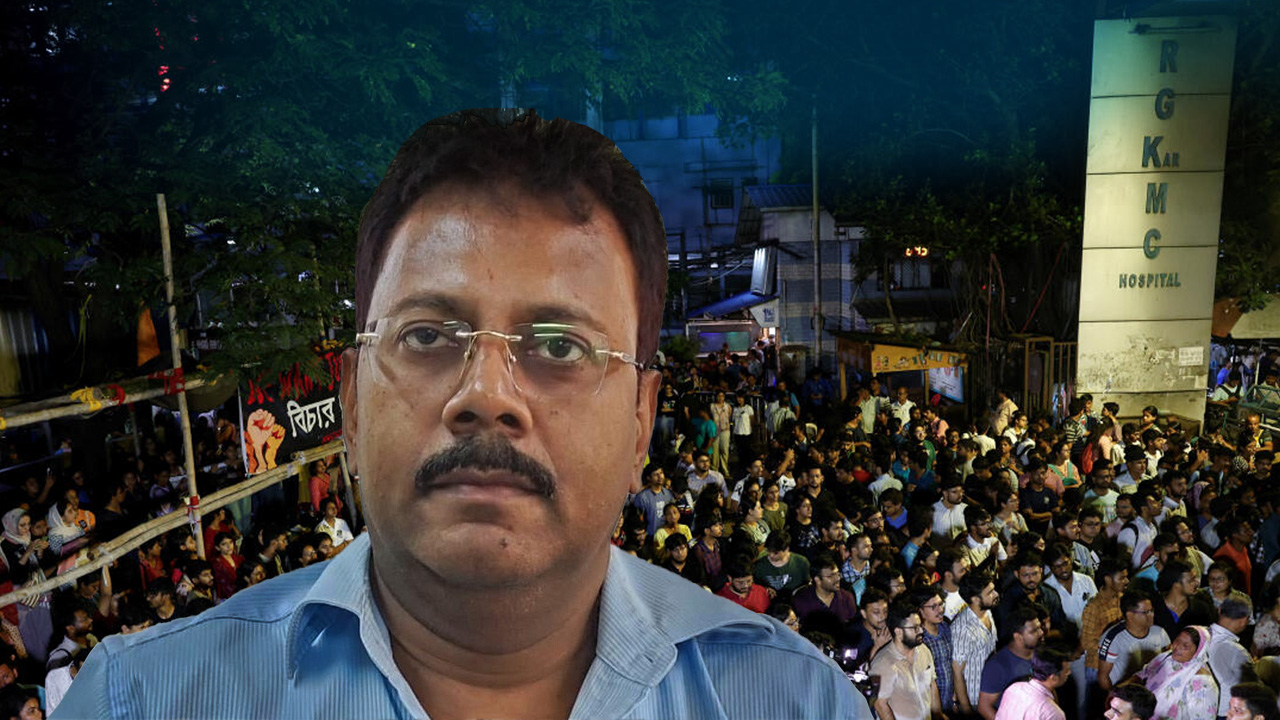 |
|
The recent granting of bail to Sandip Ghosh, former principal of RG Kar Medical College, and Abhijit Mondal, a former police officer, highlights a critical lapse in the investigation of a brutal rape and murder case. The Additional Chief Judicial Magistrate in Sealdah, Kolkata, based their decision on the Central Bureau of Investigation's (CBI) failure to submit a chargesheet within the mandated 90-day timeframe. This delay underscores systemic issues within the investigative process, raising serious questions about accountability and the pursuit of justice for the victim. The implications of this decision extend far beyond the immediate case, impacting public confidence in the efficacy of the legal system and its ability to deliver timely justice in high-profile criminal cases.
The case itself revolves around the horrific rape and murder of a trainee doctor at RG Kar Medical College and Hospital. The arrest of Ghosh and Mondal on charges of conspiracy to cover up the incident signifies the gravity of the alleged wrongdoing. Their alleged involvement suggests a potential systemic failure within the institution and the local police force, allowing for the obstruction of justice and a potential cover-up of a heinous crime. The CBI's involvement in the investigation demonstrates the high-profile nature of the case and the public outcry it generated. However, their failure to meet the statutory deadline for filing a chargesheet represents a significant procedural misstep that has directly impacted the legal proceedings and the accused's freedom.
The Supreme Court's earlier observation that the trial could conclude within a month, following the CBI's report, created expectations of a swift resolution. This expectation, juxtaposed with the ACJM's bail decision, underscores the complexities of the justice system and the potential for delays to undermine the pursuit of justice. The 90-day limit for filing a chargesheet is a critical procedural safeguard designed to ensure timely prosecution and prevent prolonged pre-trial detention. The CBI's failure to meet this deadline raises questions about resource allocation, investigative efficiency, and the potential for similar delays in other high-profile cases. The implications of this delay go beyond the individual case, raising broader concerns about the capacity and effectiveness of the CBI in handling complex criminal investigations.
The granting of bail, while legally permissible based on the procedural lapse, does not negate the severity of the alleged crime or the accusations against Ghosh and Mondal. Their release does, however, underscore the need for increased scrutiny of the investigative process and the importance of upholding procedural timelines within the legal framework. The case highlights the tension between the right to a speedy trial, the presumption of innocence until proven guilty, and the need for thorough investigations to ensure justice. The outcome serves as a stark reminder of the need for robust internal review mechanisms within the CBI and for greater accountability to ensure that such delays do not occur in future high-profile criminal cases. The public deserves a transparent and efficient judicial process that swiftly addresses serious crimes and ensures justice for victims.
Moving forward, the focus must shift to ensuring a speedy and just trial in the main case. The CBI's ability to successfully prosecute the accused for the crime itself, regardless of the bail granted due to the procedural misstep, will be crucial in determining public confidence in the legal system's capacity to bring perpetrators to justice. The handling of this case, from the initial crime to the current legal proceedings, serves as a critical case study in how the system can both fail and, potentially, be reformed to better protect victims and ensure timely and efficient resolution of such serious crimes. The ongoing case, despite the setback of the bail, provides an opportunity to improve and strengthen investigation processes and uphold the integrity of the legal system.
